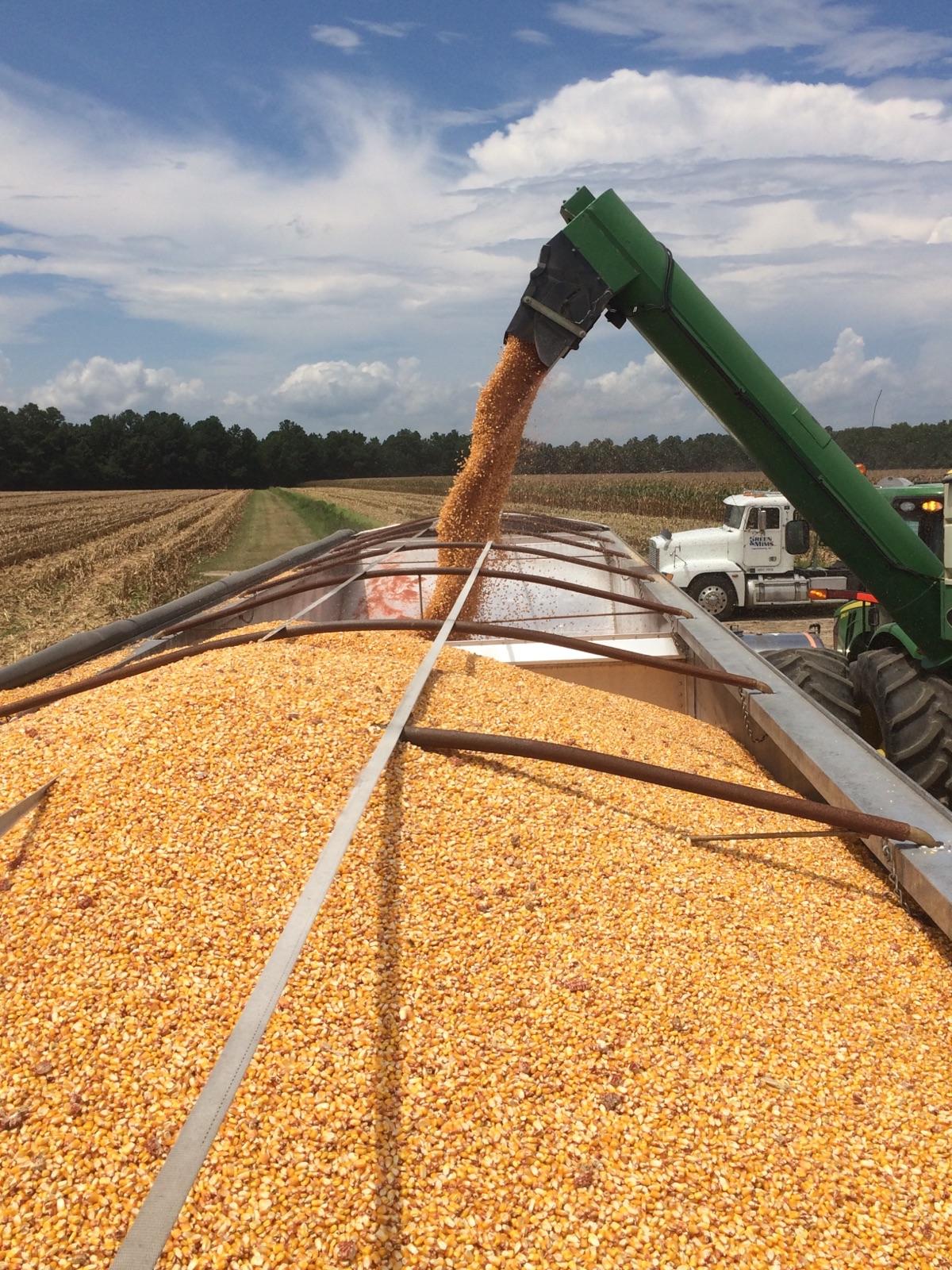A large U.S. soy customer in the Middle East says the exceptional composition and reliability of U.S. soybeans keep him coming back.
Beginning as a poultry production operation in 1958, Wadi Holdings, of Giza, Egypt, soon entered the crushing business to serve its own need for feed, according to Tony Freiji, President and CEO.
“From there, we began to sell [soybean] meal to others and added a feed milling business,” he explains. “Now we also own the only private grain terminal in Egypt.”
Freiji, a participant at the recent U.S. Soybean Export Council (USSEC) Third Regional Soybean Processing and Refining Conference in Jordan, says Wadi imports soybeans of exceptional composition for themselves and their customers and is trying to grow their trading operations and port business.
“We sell [soybean] feed meal and [soybean] oil to crushers and individuals alike,” says Freiji, who knows that his reliability as a supplier depends on the reliability of the importers he buys from.
“Logistics are very important,” he explains. “It’s about predictability. When you have a plant running, you want to make sure you don’t run out of beans. Stopping and starting again is expensive.”
Given the importance of supply for Wadi, they prefer to buy a full Panamax, and be able to time the delivery rather precisely. A Panamax vessel has seven cargo holds, each capable of carrying 300,000 bushels of soybeans, for a total of 2.1 million bushels. While the supplier he chooses may vary by season, explains Freiji, “two things are almost always very important: price and size of the cargo.” He says exceptional composition and reliability are clearly U.S. advantages, while soybeans of other origins may still be hit or miss.

